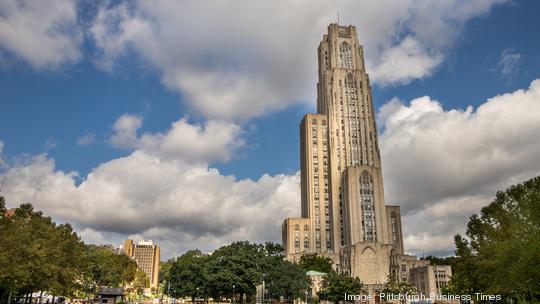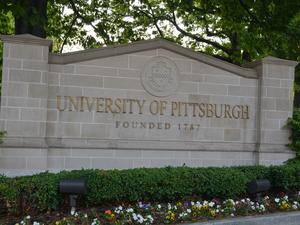
The National Institutes of Health has awarded two university-backed institutions in Pittsburgh with a combined $20 million in funding to further research and develop a "global atlas of the human body."
Funding will be used over the next four years for the development of hybrid cloud infrastructure, data integration, software tools and collaboration efforts for the Human BioMolecular Atlas Program (HuBMAP), an initiative spanning dozens of higher education and research institutions throughout the U.S.
According to a press release from the Pittsburgh Supercomputing Center (PSC) — itself a joint venture from Carnegie Mellon University and the University of Pittsburgh — the HIVE Infrastructure and Engagement Component (HIVE IEC) of HuBMAP will be co-led by PSC's Phil Blood and Jonathan Silverstein. It will receive $16 million to further lead community engagement and data collection efforts for the project as well as provide it with hybrid cloud-based data storage, processing and analysis infrastructure.
“Strong multi-institutional collaborations and flexibility in both the technologies and social aspects of the project were keys to the success of the first phase of HuBMAP,” said Blood in the press release, who serves as the lead principal investigator of the HIVE IEC in addition to his role as the scientific director at PSC. “Our successful approach with HuBMAP is now being leveraged in other NIH data projects, including the Cellular Senescence Network and the Common Fund Data Ecosystem.”
Additionally, the CMU Tools Component of the HIVE (HIVE CMU TC) project will be awarded $4 million for new software development tools focused on uniformly processing, visualizing, searching and modeling data collected from collaboration sites around the country and elsewhere. These data points will lead to the mapping of specific proteins, genes and other cellular elements as well as the respective cell's function and location in the body. It will be led by Matt Ruffalo from CMU's School of Computer Science.
“It’s very exciting to start the production phase of this consortium, using the technical and collaborative expertise we’ve developed over the last four years to integrate new and existing HuBMAP data into a true biomolecular atlas of the human body,” Ruffalo, PI of the CMU TC and a systems scientist in CMU’s computational biology department, said in the release.
The funds awarded to these Pittsburgh-based institutions are part of nearly $98 million in grants that the HuBMAP program is set to receive over the next four years from NIH. Upon completion, HuBMAP's tools and maps of the human body will be "openly available" to better advance the scientific community's understanding of the relationships between the organization of cells and tissues as well as their function and connection to human health.









